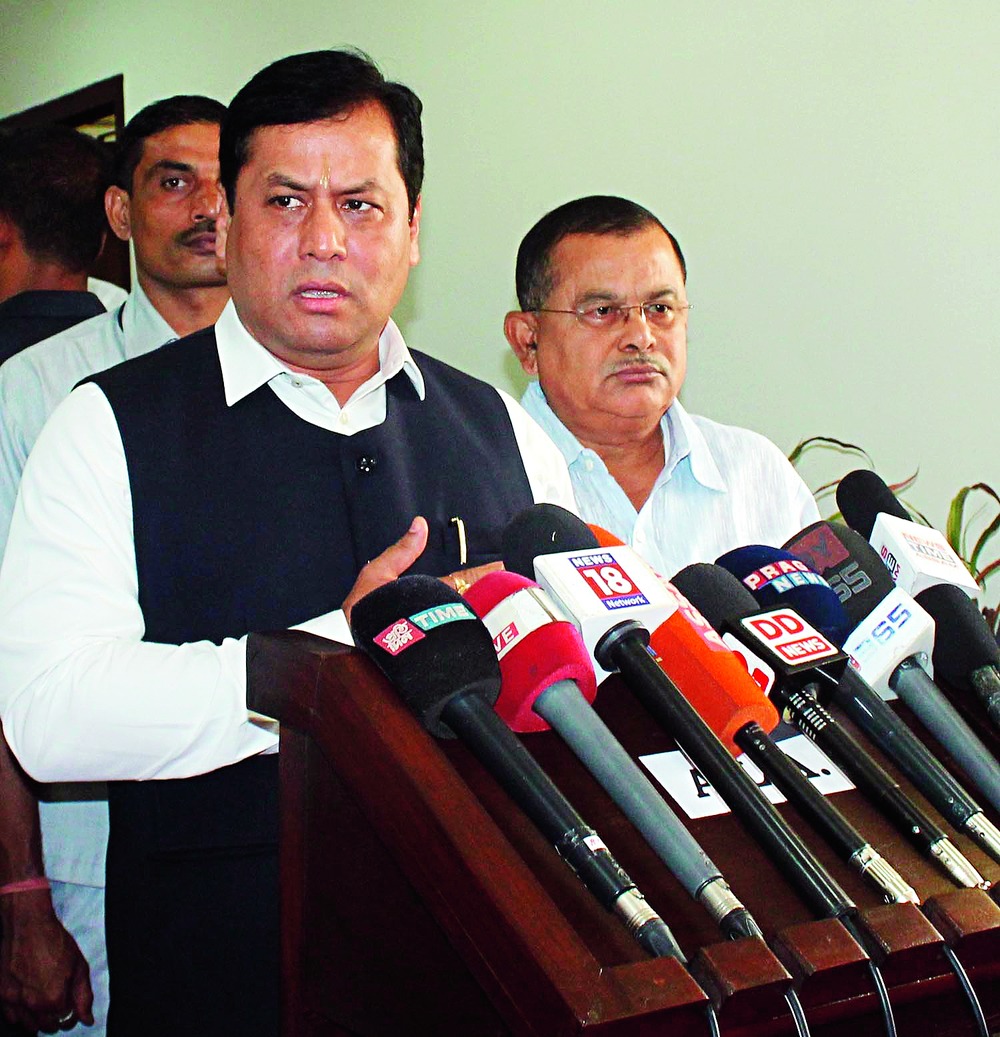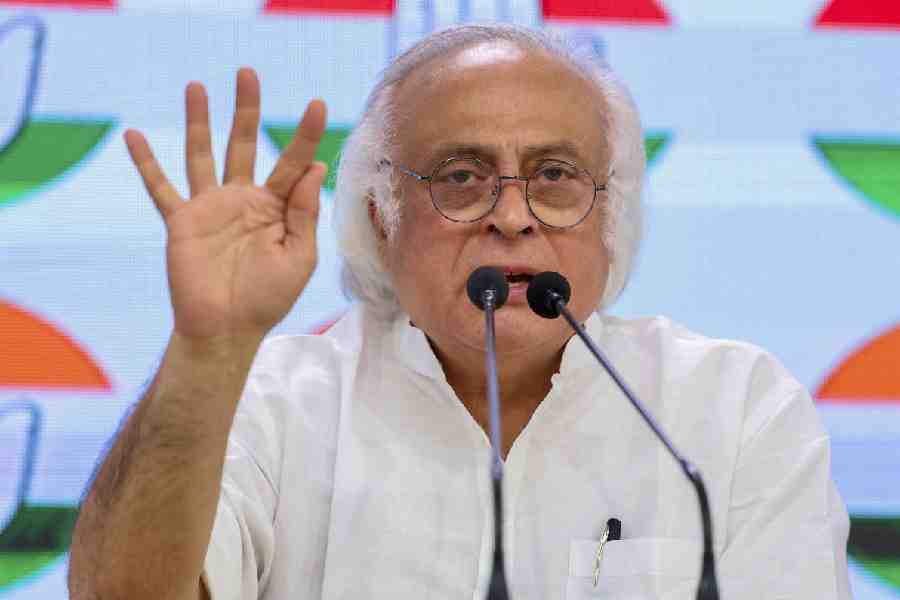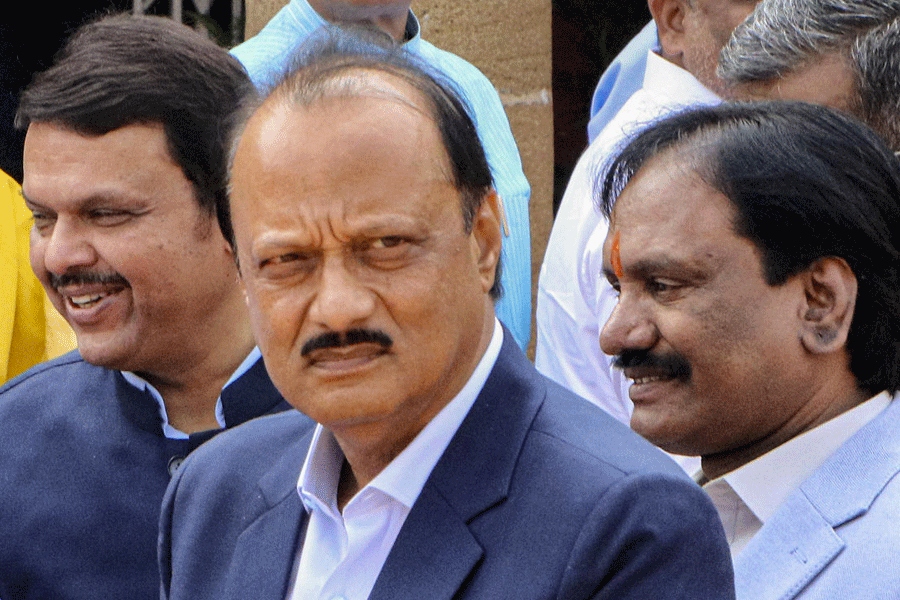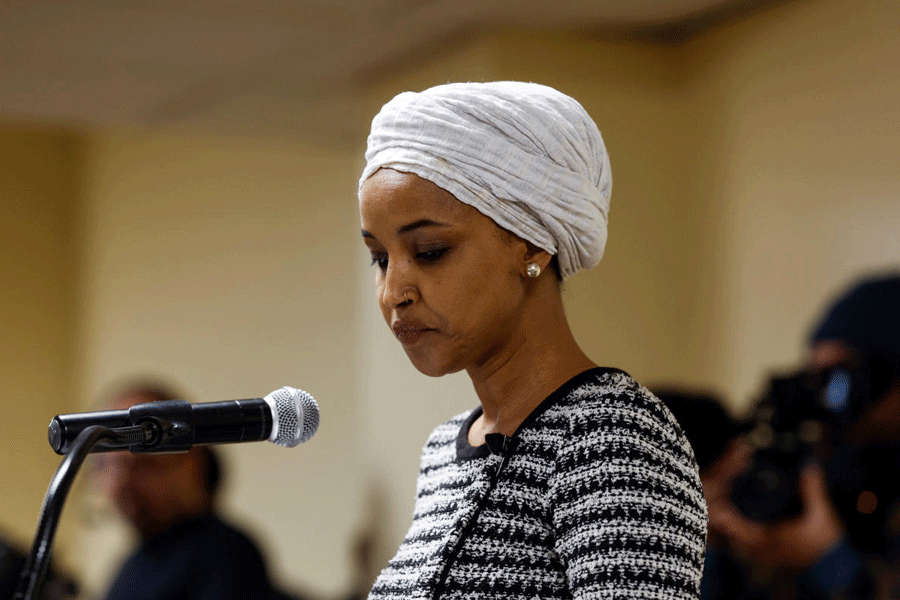
Picture by UB Photos
Guwahati, Aug. 12: Assam today became the first state to ratify the Constitution (122nd Amendment) Bill, 2014, which will help clear the way for the implementation of the goods and services tax (GST) regime in the country.
On August 4, Rajya Sabha passed the bill with 203 votes in favour and none against. The bill then went back to the Lok Sabha to incorporate the amendments approved by the Rajya Sabha. The Lower House passed the bill on Monday. Now, more than half of the states with Assemblies in the country need to ratify the bill before it can be sent to President Pranab Mukherjee for his assent.
“I declare the bill, which was passed by both Houses of Parliament, to be ratified unanimously by the Assam Assembly,” Speaker Ranjeet Kumar Dass announced this morning during the ongoing budget session of the House.
An elated chief minister Sarbananda Sonowal later told reporters that he received a call from Prime Minister Narendra Modi congratulating him for making Assam the first state in the country to ratify GST.
The Centre has set a deadline of April 2017 to roll out the GST.
While moving a resolution in the Assembly to ratify the bill earlier in the day, finance minister Himanta Biswa Sarma said the proposed amendments in the Constitution would confer powers both to Parliament and the state legislatures to make laws for levying GST on the supply of goods and services on the same transaction.
“This is a historic resolution passed by the Assembly, which will send a positive signal to the industry,” Sarma said.
He said GST would be a comprehensive indirect tax levy on the manufacture, sale and consumption of goods as well as services at the national level by a single agency — the GST council — which would be constituted soon after the bill gets the President’s nod. It will replace all indirect taxes levied on goods and services by the Centre and state governments.
“For example, the central government and state governments now collect various types of taxes. Once the GST comes into effect, there will be only central GST and state GST. In simple words, GST will be a ‘one country one tax’ system. The GST council, headed by the Union finance minister and consisting of state finance ministers as members, will determine the GST rate,” he said.
Sarma told the House that once GST is implemented, 42 per cent of the total tax collected by the Centre from a state would be returned back to the state. He said the GST would also have a special concession option for northeastern and Himalayan states if they request reduction of taxes for any reason.
“Besides, states like Assam can also collect special tax during natural calamities like floods if there is a need to generate more revenue,” he told the Assembly.
Sarma, however, said the state is likely to incur a revenue loss of Rs 3,000 crore in the initial period of the rollout. But once GST is introduced, the state will be able to levy service tax, which is now in the domain of the central government, and this will help recover 2 to 3 per cent of those losses, he said.
“Any shortfall in tax collection, compared to the existing amount, will be compensated by the Centre as grants for the next five years, taking 2016-17 as the base year. So we will gain in the long term,” he said.
Sarma said 127 items, for which VAT is six per cent at this moment, will be a little more expensive after GST is rolled out.
“However, 1,500 other goods with VAT of more than 14 to 15 per cent will be cheaper due to introduction of GST. So, immediately, prices of many goods will come down. Essential commodities like rice, dal, vegetables have been kept out of the ambit of GST,” he said.
The minister said GST would benefit consumer states more as the tax would be collected at the place where the goods have been purchased, unlike VAT which is collected at the manufacturing gates.
Sarma said Assam would continue to tax all petroleum products, alcohol and tobacco products as these have been kept outside the purview of GST.
“Petroleum and tobacco products have been kept outside GST for a temporary period, while alcohol will never be a part of the new tax regime. So, the state government will continue to gain from excise revenue,” he said.
Sarma said local self-governing bodies like municipal corporation, municipal boards and district councils would not be a part of GST and would continue to collect their taxes.
The Assam Assembly today also passed the state budget for 2016-17. The first budget of the BJP-led government in the state was tabled last month.










